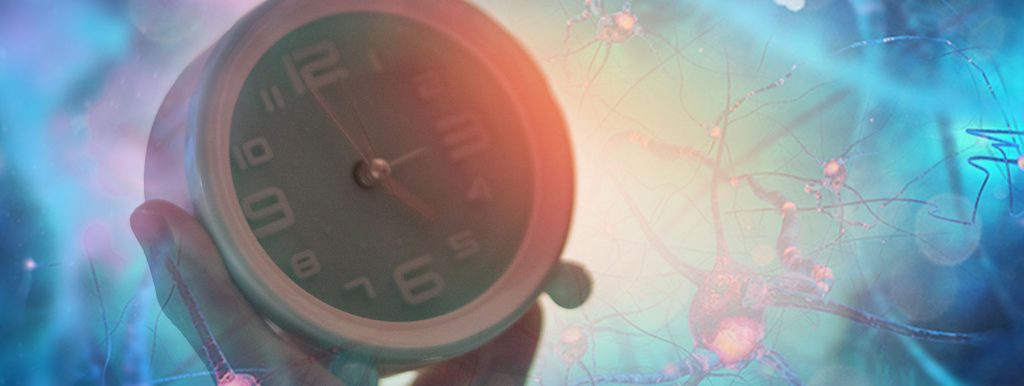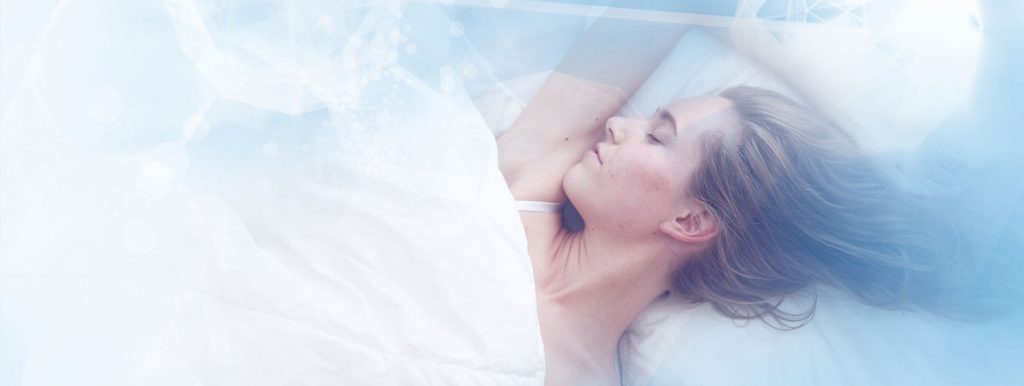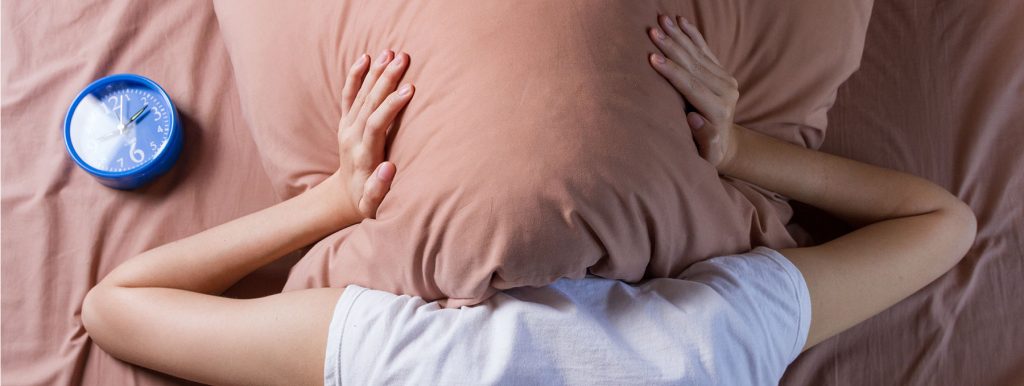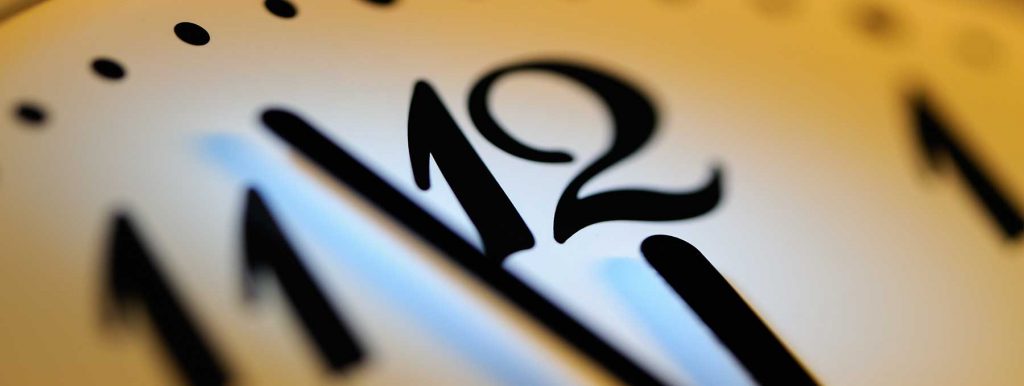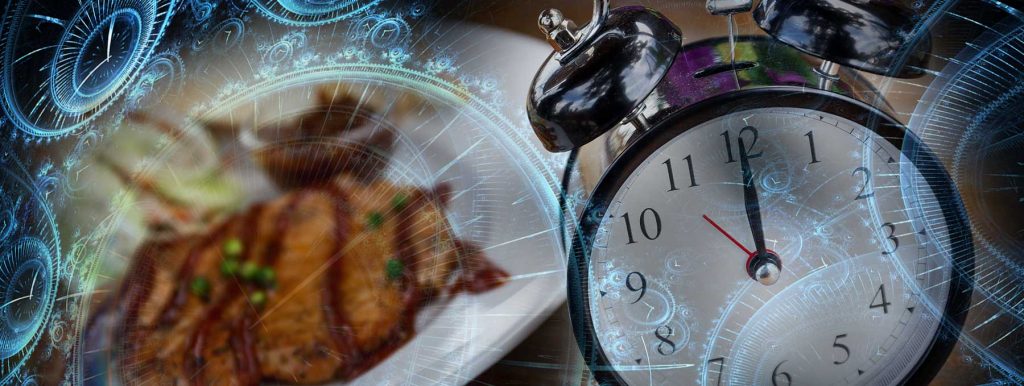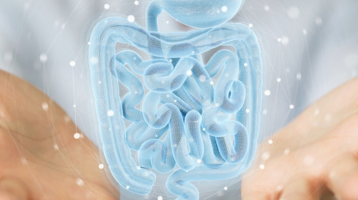Pleasure is one of the major motivators of human behavior. Most people spend their lives in almost constant pursuit of pleasure, whether it be through food, indulging in new belongings or even through relationships with others. This pleasure-seeking behavior is hard-wired into our brains right down to our brain cells. Sleep and our circadian rhythm […]
Scientists Discover a Muscle Protein Helps Control Sleep
What part of the body is responsible for our circadian rhythm? If you answered “the brain,” you are correct—but only partially so. Our brains, particularly the suprachiasmatic nucleus (SCN) of the hypothalamus, indeed play a crucial role in setting our internal clocks. However, new research on how muscle protein helps control sleep points to our […]
Newly Discovered Genes for Insomnia Shed Light on this Common Condition
According to the National Sleep Foundation, the definition of insomnia is “difficulty falling asleep or staying asleep, even when a person has the chance to do so.” Insomnia may present as either acute or chronic. The chronic form of insomnia is estimated to be experienced by about 1 in 10 Americans, and the sleep disorder […]
How Your 12-Hour Internal Clock Affects Overall Health
While there’s a great deal of talk about circadian, or 24-hour, rhythms, new evidence suggests that 12-hour rhythms may actually have a greater impact on our health. Diurnal animals, including humans, naturally sleep at night while remaining awake during the day. While this overall 24-hour rhythm of rest and activity is important, scientists are discovering […]
The Chronodiet: A Diet Based on Your Biology
Timing matters. That’s the premise of the Chronodiet. You’ve probably heard of the circadian rhythm, a term used in the science of chronobiology to describe the roughly 24-hour cycle followed by a wide variety of metabolic and physiological processes. When you sleep and when you wake up, the levels of hormones in your blood, brain […]
- « Previous Page
- 1
- …
- 78
- 79
- 80
- 81
- 82
- …
- 120
- Next Page »
